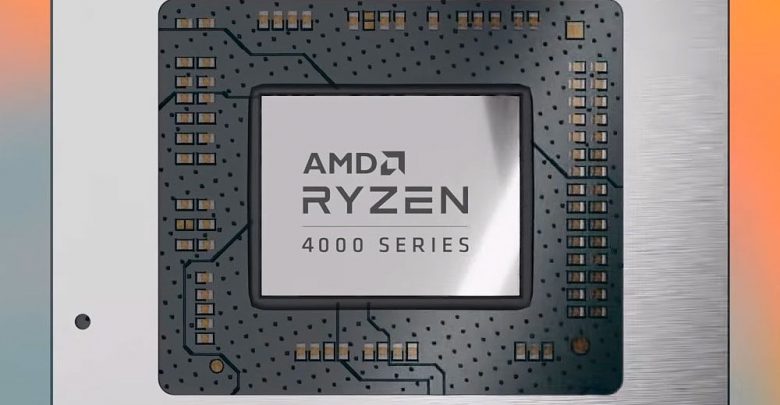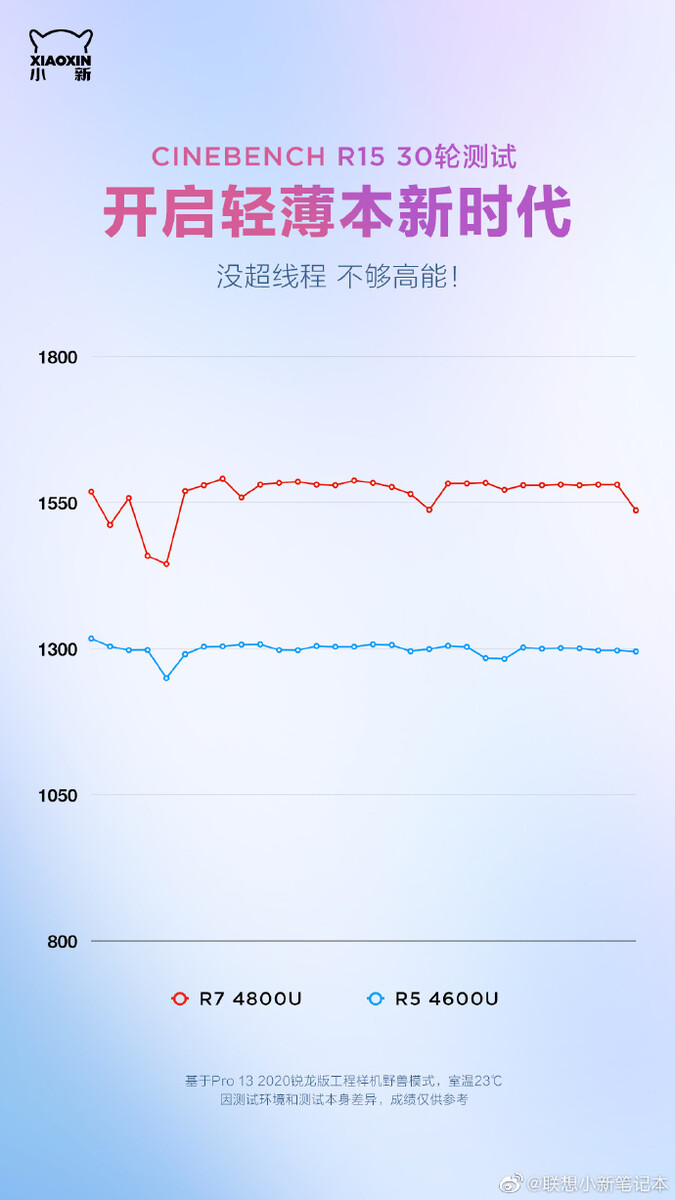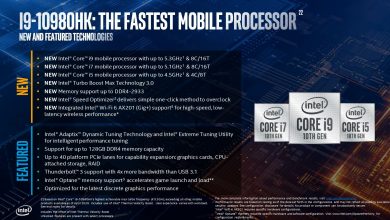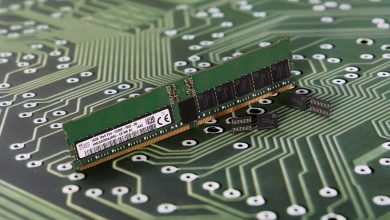
A few months ago, Notebookcheck reported that AMD is releasing a Ryzen 4900U, which was shown on a YouTube video of a Lenovo Yoga Slim laptop, but AMD hid the details until Tum Apisak saw it pop up on UserBenchmark.
The Ryzen 9 4900U has similar specs as the Ryzen 7 4800U. The only thing that differs from them is the clock speeds. The Ryzen 9 features a higher peak clock of 4.3GHz compared to 4.2 on the Ryzen 7. The 100MHz bump in clock speeds gives the processor some more power. This adds at least 10 more fps in games.

Ryzen 9 4900U “Renoir” specs:
It features 8x Zen3 cores with 16 threads, and 20MB cache.The stock clocks of both Ryzen 9 4900U and Ryzen 7 4800U models are fixed at 1.8GHz. But as stated earlier, the boost clock of the 4900U is bumped by 100MHz. The Vega graphics too may have had a bump in clocks. We should remember that these are engineering samples, and we should wait for official results. They aren’t final, and should probably have higher base clocks. The Ryzen 4900U is also a better bin than the Ryzen 7 4800U and would give more performance for the same amount of power.
Cinebench Results:

The results are here. The The Ryzen 7 4800U gets around 1550 points while the Ryzen 5 4600U comes to around 1300 points. For comparison, the Core i5-9600K averages around 1200-1300 points and the Core i7-9700K averages around 1500-1600 points and they are both desktop parts with 95W TDP while the AMD parts are 15W Laptop CPUs. That’s how efficient Ryzen CPUs are.

TechEpiphany has also simulated the performance of the Ryzen 7 4700U using a Ryzen 7 4800HS (20W TDP lock) in Battlefield V at 1080p which delivers around 60 FPS average FPS using the Vega 7 integrated GPU in the video below.
OEMs and laptop vendors are even more excited for the mainstream U-series parts which will deliver even higher levels of efficiency while retaining performance close to desktop CPUs in a 15W package. This will keep Intel on their toes, and try moving to 10, or even 7nm as fast as they can. But will Intel be able to keep up? Only time will tell.
This is not the first time when AMD has disrupted the laptop market. They have done so in the past, with Zen2 and they did it again. The reason for their disruptiveness is due to the smaller process node. AMD has been moving to a new process node every time it releases a new line, and that has helped them gain more efficiency for both desktops and laptops. Currently, AMD uses a 7nm process node, while Intel, as shown in a previous article still uses the 14nm node and draws tremendous power. The Ryzen H series are already out in the market, whereas the Ryzen U series are on the way.
Are you excited for the new Ryzen 4000 U series processors? Do let us know in the comments below.




